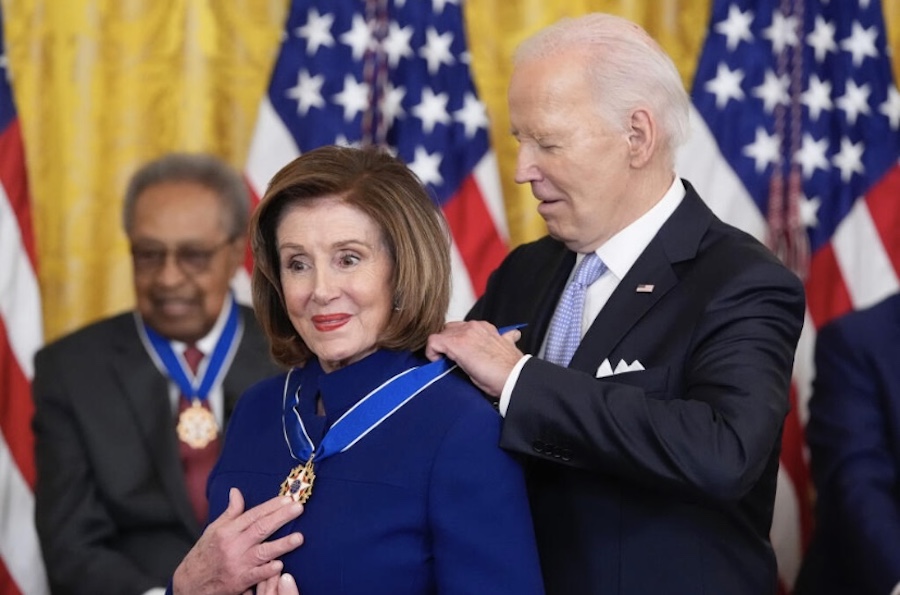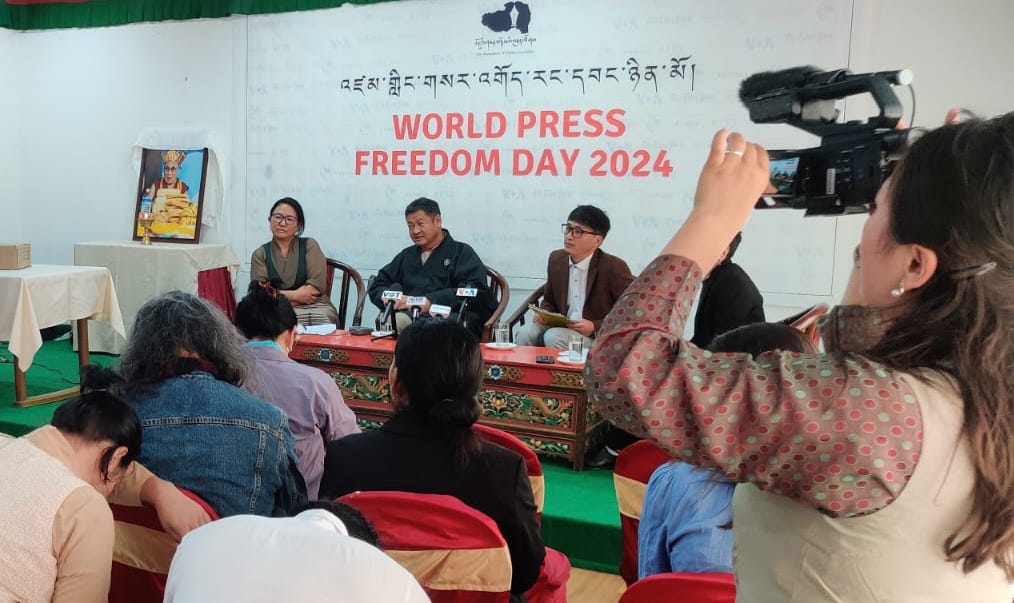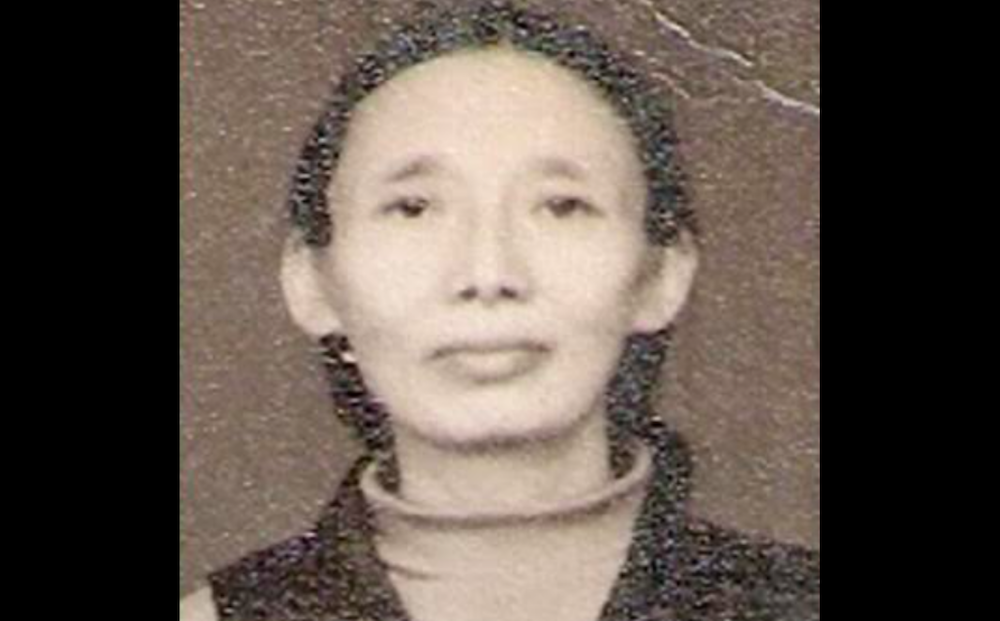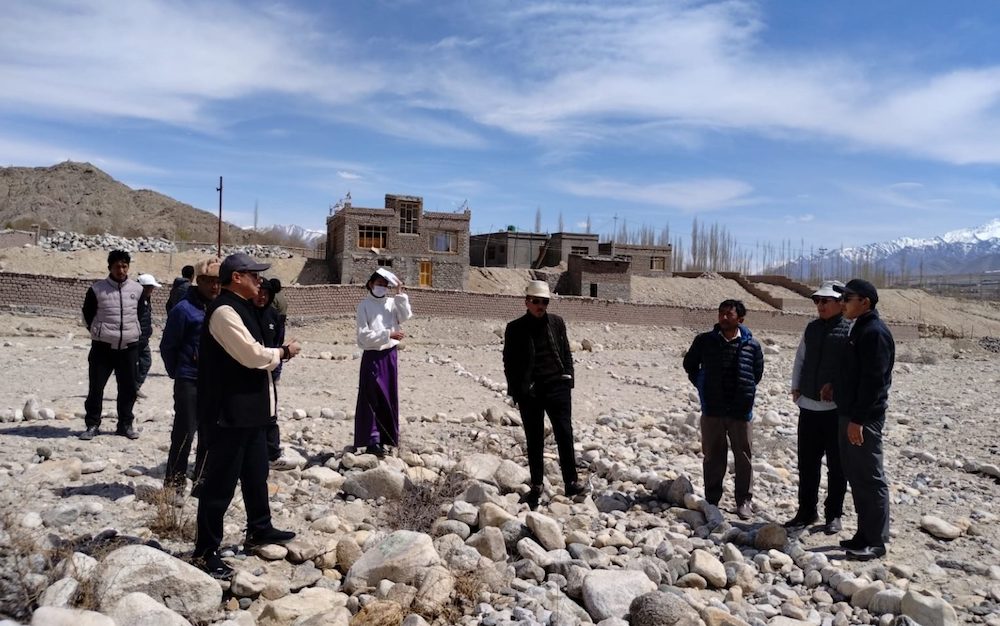Dharamsala, November 20 – With right groups, activists, Chinese dissidents and Tibetans expressing their disappointment in unison over President Obama’s remarks in Beijing during his maiden trip to China, the Students for a Free Tibet has urged Obama administration and other “democratically elected governments to move beyond verbal statements of support to press China for real change on the ground inside Tibet.”
The international students organization that pioneered one of the most vociferous campaigns against the Beijing Olympics said Obama’s call for resumption of dialogue between the Chinese government and the Dalai Lama’s representatives was an indication of US concerns for Tibet but that his statement recognizing Tibet a part of the present-day People’s Republic of China “failed to address the reality of the Chinese government’s ongoing, violent repression of the Tibetan people.”
“President Obama’s remarks on Tibet failed to embody the messages of hope and change that Americans elected him on. The Tibetan people need more than the same old statements from governments; they need America to lead with concrete actions that will actually pressure China to sit down at the negotiating table,” said Tenzin Dorjee, Executive Director of Students for a Free Tibet. “In March 2008, Tibetans rose up in a clear rejection of Chinese rule, showing once again that they do not see themselves as part of China, but as citizens of a formerly independent nation. It is well past time for leaders of the world’s democracies to stand up for the Tibetan peoples’ right to freedom.”
In the lead up to President Obama’s much-anticipated visit to China, Tibetans and people of conscience across the United States and around the world sent thousands of letters to the White House calling for concrete action on Tibet. President Obama’s decision not to meet with the Dalai Lama last month drew widespread criticism and was viewed by Tibet activists as a dangerous concession – one that has brought no visible return for the U.S.’s foreign policy, economic, or climate goals with regards to China.
“The Obama administration is pursuing a flawed strategy of appeasement with the Chinese government, which will only embolden Chinese leaders to crack down harder on Tibet and issues of human rights,” said Kate Woznow, Deputy Director of Students for a Free Tibet. “Democratically elected governments must not shy away from pressing China’s leaders to peacefully negotiate a just and lasting resolution for the Tibetan people.”
President Obama’s China visit came just days after the Tibetan leader’s highly publicized visit to Arunachal Pradesh, the northeastern Indian state that China claims as its territory based on the region’s cultural and religious ties with Tibet. Beijing vehemently opposed the visit but the Indian government gave a go ahead to the visit saying the Tibetan leader was an honored guest of India and was free to travel anywhere in India. The SFT also said that border disputes between India and China can not be resolved as long as the Tibet issue remains unresolved.









